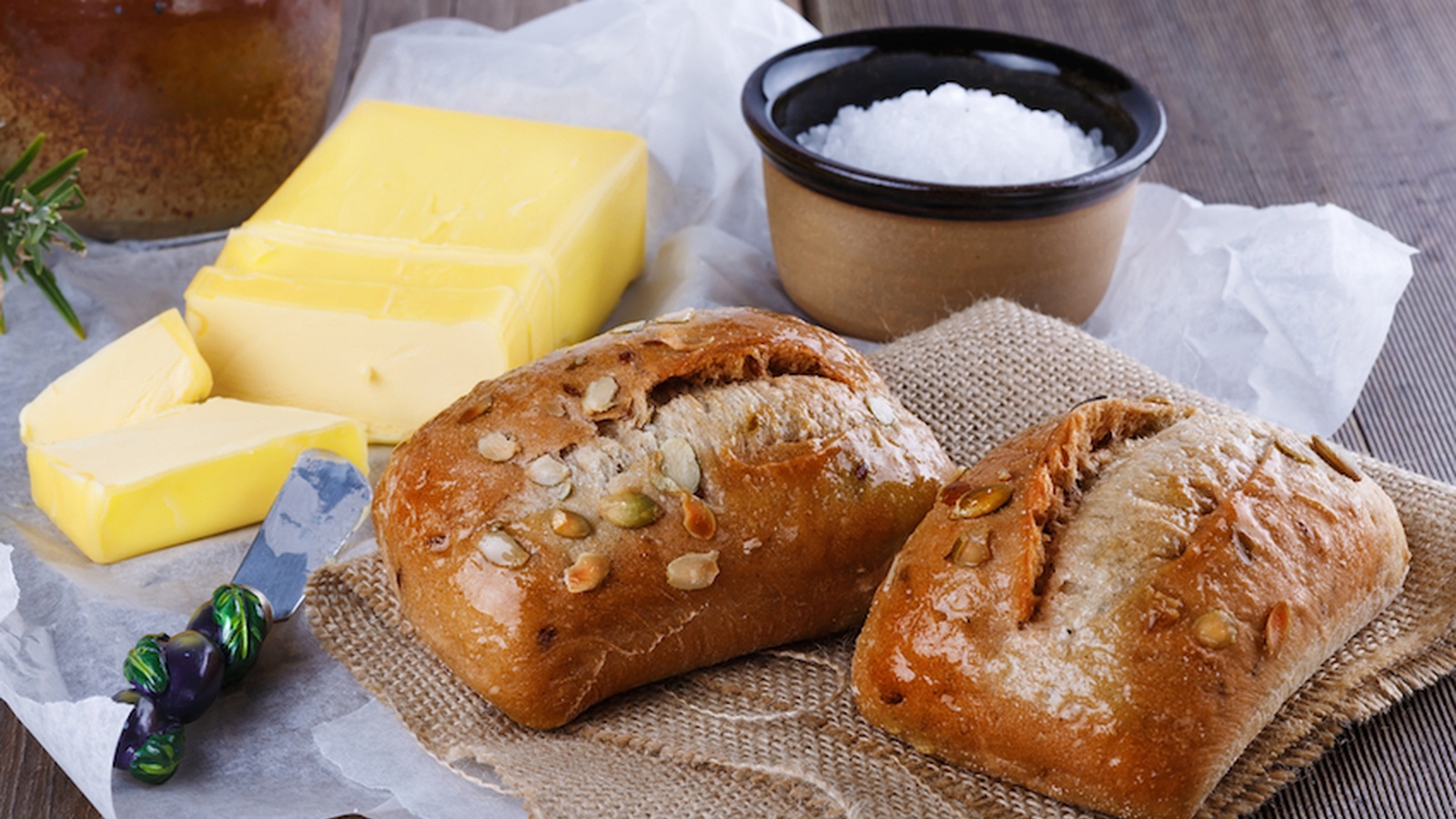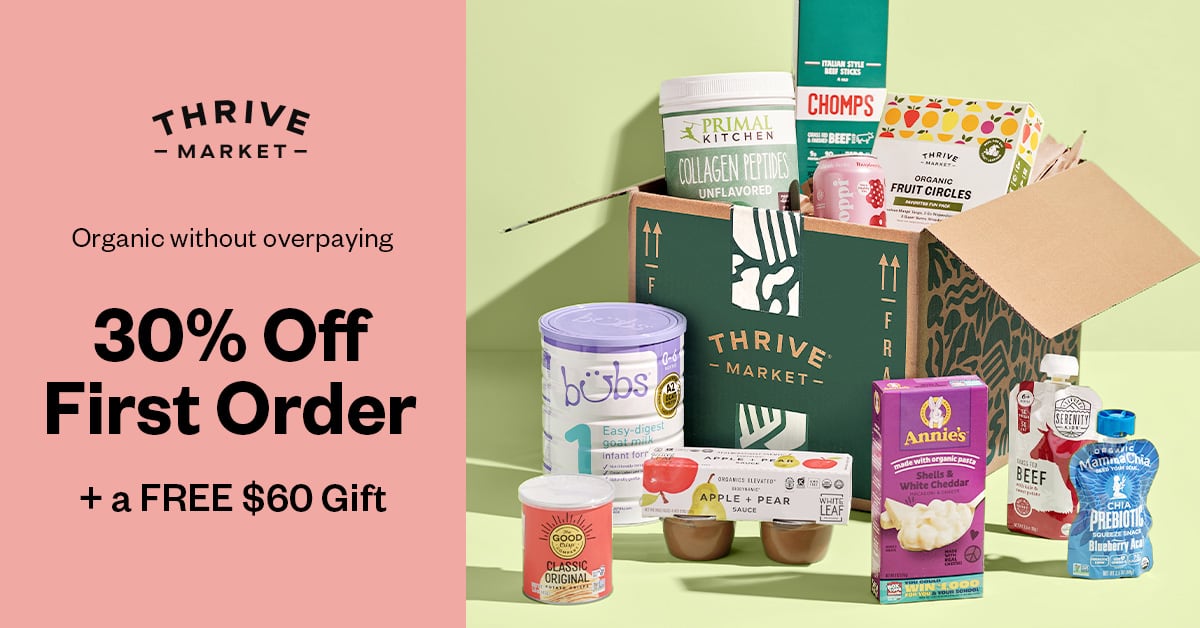Don't Say "No" To Your Bread And Butter
There is nothing quite like the smell and taste of freshly baked sourdough bread, which needs no toasting; just the addition of some seriously good butter and maybe a pinch of salt. I have only recently begun my adventure into baking my own sourdough bread after a little push that came from reading Michael Pollan’s – Cooked (well worth a read).
So, Is Bread A Cardinal Sin Or The Ultimate Pleasure?
Today, bread comes in many varieties: gluten free, multigrain, white, wholemeal, rye and traditional artisan sourdoughs, just to name a few. On a daily basis, many of us try to navigate our way through a very bewildering food industry, with some of us left feeling as if we constantly need to cut foods out of our diet and jump on the latest health trend.
And so, a simple loaf of bread - it comes from a grain, is milled into flour, baked and now presents itself before you. Sounds simple enough.
A grain in its original state is a tight little ‘pocket rocket’ of macro and micronutrients, so it’s no surprise that grains are the staple of many traditional diets around the world. Looking at the anatomy of a grain, its nutrients are dispersed from the outer layer, known as the bran, to the innermost layers, the germ and the endosperm.
Today convenience, cost, time and extended shelf life have been put at the forefront of food manufacturing, while traditional methods of cooking and preparing food have become lost. But at what cost?
The majority of modern processing of flour is predominantly through a roller mill, which essentially strips off the most nutritious layers of the grain, particularly the fiber and the endosperm. To compensate for the loss of these nutrients, manufacturers began to enrich breads (a process known as fortification) with the addition of an array of preservatives that extend shelf life. In conjunction with this, commercial yeasts allow for a quicker rise time of the dough, ignoring the essential art of fermentation.
This alteration in the manufacturing and processing of bread creates a product more likely to cause health problems than benefits.
Traditionally, flour was produced through a stone-grinding mill whereby the whole grain was milled in one simple process.
The End Product Was Flour That Hadn’t Been Destroyed By The Stripping Of Its Nutrients
The obsession with pure white flour had not yet woven its tantalizing web; instead bread was made with the whole grain. The dough also included very few ingredients - one of which was the sourdough culture, which teems with bacteria, yeast and enzymes.
It is this culture, in conjunction with adequate time for fermentation, which allows for phytic acid (an anti-nutrient that binds to minerals) to be broken down, creating higher digestibility of nutrients.
This slower rise time also enables enzymes to begin to break down some of the proteins in wheat, one of which is gluten. It is this protein that many people have difficulty digesting and is increasingly being linked to a variety of health problems such as autoimmune disease..
My intention in this article isn’t to wave the green flag so everyone can run to the artisan bakery and feast their eyeballs on sourdough bread and butter; especially in the case of certain health conditions such as Celiac disease, where the total exclusion of gluten is critical.
Rather, I am trying to inform, so we can become more aware that it is not always just one single nutrient or food source that becomes the devil of many health problems. It could be the way we manufacture, process and consume these foods that may be the root of the problem in our food supply.
Instead of refining, extracting, altering and then adding back into food products what was lost originally, food needs to be considered in its whole state and prepared traditionally. This allows for nature’s synergy to transform what is before you.
Aristotle - ‘the whole is greater than the sum of its parts’.
A Call To Action!
First and foremost listen to your body. Try to understand what is compromising your health and what is contributing to it.
We are all different, and one diet does not fit all. Gluten and non-gluten grains can be hard to digest and can aggravate health conditions, especially if not prepared properly.
If you’re experiencing any symptoms, whether it is related to your gut or something more systemic, try an elimination diet or consult a healthcare practitioner.
However, if grains are a part of your diet and bread is the lover you just can’t quit, try a few of these suggestions:
Choose Organic And Non-GMO Grains
The chemicals used in agriculture can be detrimental to our health and to our environment. These substances also produce plants with lower nutritional status.
Soaking Grains
Soaking grains overnight, or even just a few hours, allows the grains to be somewhat broken down. Adding either some kefir milk or sauerkraut juice will aid this process and assist with fermentation (mentioned above). Discard the water used for soaking and cook away.
Look For Stone Ground
Stone ground flours and breads are available. Just look out for them or ask the baker, and be sure to read the fine print on the label.
Make Friends With Your Artisan Baker
Artisan bakeries are popping up all over the place and most follow traditional methods of baking (enquire). This means a more delicious and nutritious loaf, with fewer tummy pains.
Support Your Gut Bacteria
Our gut bacteria plays an enormous role in the breaking down of our nutrients, among many other tasks. When we have an imbalance between our good and bad bacteria (dysbiosis) our digestion is compromised, as is our overall health.
Finally, Get Your Bake On!
I highly recommend baking your own bread. A sourdough culture is easy to start with two simple ingredients, flour and water. After a little experimentation, with love and care, you will be well on your way. A great book on how to create a sourdough culture, along with other fermentations, is Sandor Katz’s – The Art of Fermentation.










